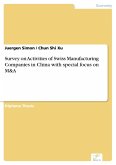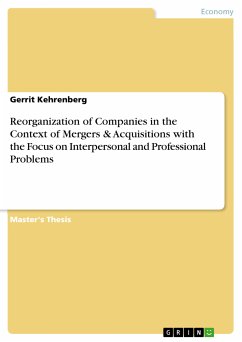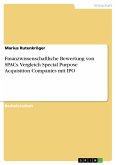Seminar paper from the year 2003 in the subject Business economics - Business Management, Corporate Governance, grade: very good, University of Applied Sciences Northwestern Switzerland (International Management), course: Seminar Final, language: English, abstract: This paper shows the results of a survey on the China activities of Swiss manufacturing companies up to 4000 employees, conducted by two students of the University of Applied Sciences Northwestern Switzerland in 2003. Throughout the past three years, China has become the number one country for investment, attracting more FDI than the USA. How do Switzerland’s traditionally export-oriented manufacturing companies see this situation? How do they react? Do they buy Chinese companies? New laws allow foreign companies to acquire Chinese enterprises. Through telephone interviews we collected information on the current activities and future plans of 37 Swiss manufacturing companies in China. Out of this sample we selected 18 firms to learn more about their China strategies. We found 6 companies which have experience with M&A in China. The surveys revealed the following key findings: The Chinese market is significantly important for Swiss exporting but also for Swiss importing manufacturers. At the same time, it is a very challenging market which requires profound preparations and research before entering and careful monitoring and supervising when expanding. Especially in the machinery and equipment field, the Swiss manufacturing industry is a classical export-oriented industry with R&D and production done in Switzerland, deriving out of the high tech industries which originate from the Swiss precision watch cluster. Many companies entered Chinese market in order to export their products or in order to source parts in China. As in many fields of the manufacturing industry China is still 1 to 3 generations behind Western standards, some companies developed special products for the local low-end market which they also produce locally. High-tech products are still produced and developed in Switzerland, partly to protect crucial corporate know-how, but also because Switzerland offers and optimal surrounding for this industry (ETH, EPFL, industry cluster) For more sophisticated and established companies we saw a trend to have highly independent business units for the local Chinese market in China while high-end products remain in Switzerland and are exported to Chinese customers.
Bitte wählen Sie Ihr Anliegen aus.
Rechnungen
Retourenschein anfordern
Bestellstatus
Storno









